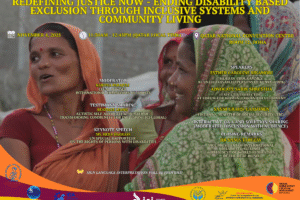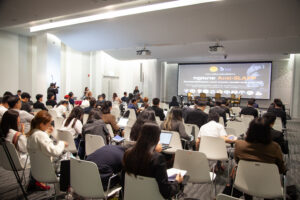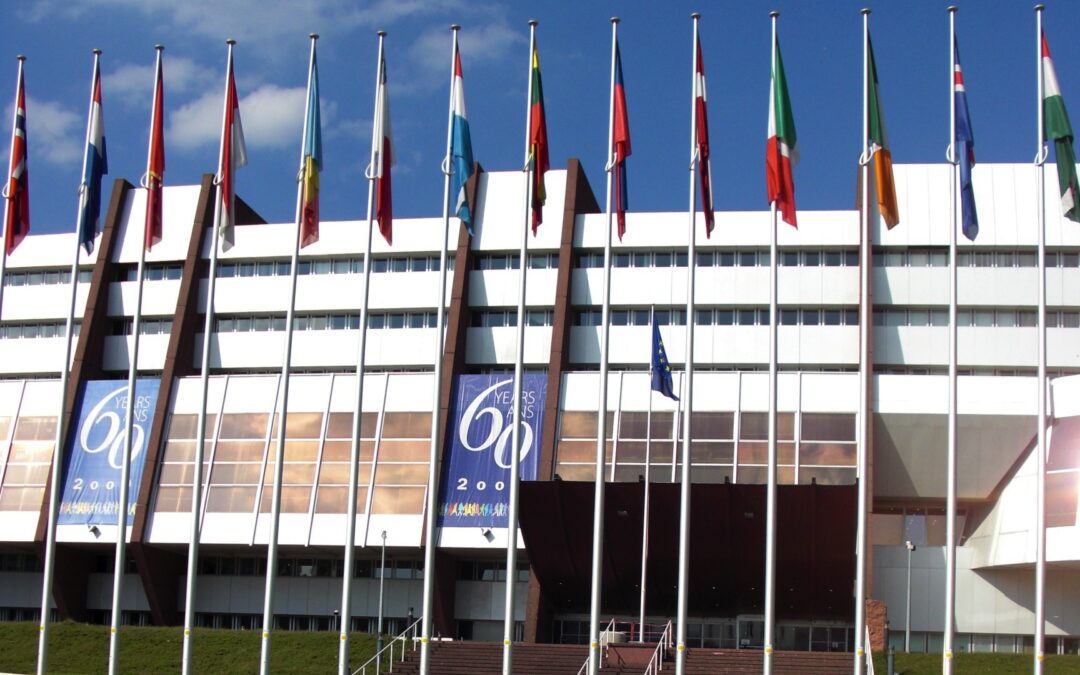
Feb 25, 2013
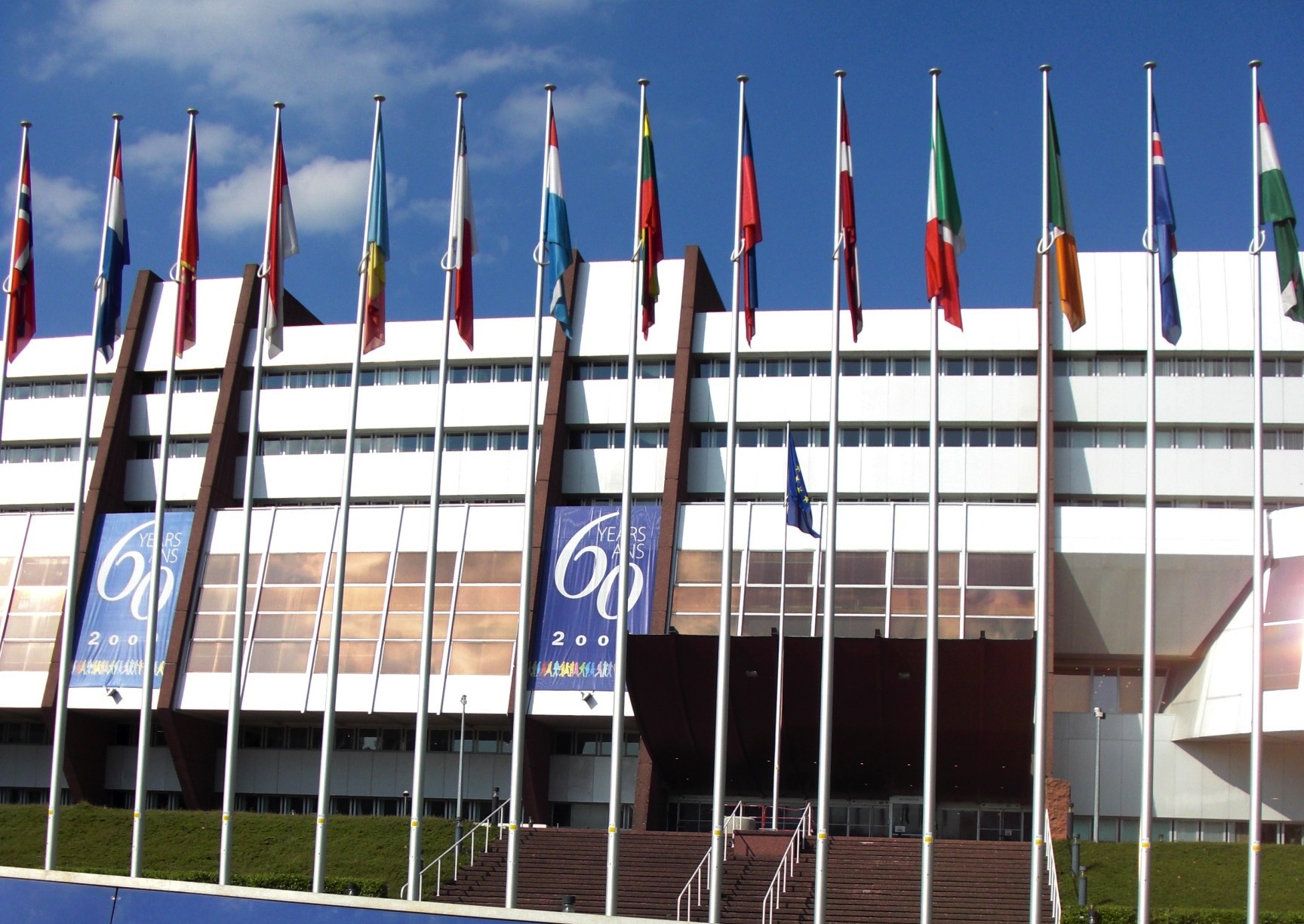 The ICJ and ECRE presented a second joint detailed submission on the situation of detention, application procedures and remedies for asylum seekers in Greece to the Committee of Ministers of the Council of Europe.
The ICJ and ECRE presented a second joint detailed submission on the situation of detention, application procedures and remedies for asylum seekers in Greece to the Committee of Ministers of the Council of Europe.
The submission was presented in occasion of a meeting of the Committee of Ministers of the Council of Europe on the implementation by Greece of the European Court of Human Rights’ judgment in the case of M.S.S. v Belgium and Greece. The submission highlighted legal and practical shortcomings in the Greek system on detention of asylum seekers, conditions of detention, judicial review and access to an effective remedy, living conditions of asylum seekers, access to information and non-refoulement.
Greece-ICJECRE-MSS-CommitteeMinisters-2ndsubmission-legal submission-2013 (download the submission)
Photo credit: © notfrancois (the author has no involvement in nor does support this submission)
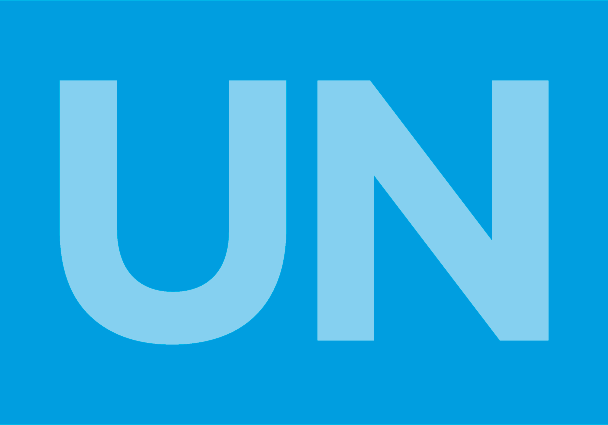
Feb 19, 2013
In two recent submissions to the Committee on the Elimination of Discrimination against Women (CEDAW), the ICJ called on CEDAW to address key barriers to justice faced by women.
The submissions came as the Committee embarks on drafting a General Recommendation on women’s access to justice.
In a joint submission, the ICJ and Friedrich-Ebert-Stiftung (FES) have called on the Committee on the Elimination of Discrimination against Women (CEDAW) to reaffirm obligations on States to effectively regulate the activities of business actors in order to ensure women’s access to justice.
The submission focuses on the issue of women’s access to justice for infringements of rights committed by non-State actors, and more specifically in the context of business activities and operations.
It makes recommendations on how States might more effectively regulate business activities so as to ensure women’s protection against discrimination and inequality and access to effective and accessible remedies when they face abuses.
In a standalone submission, the ICJ presented an overview of key barriers women face across jurisdictions when seeking justice. This submission draws on findings from ICJ in-country initiatives exploring barriers to justice faced by women.
The first general discussion on the General Recommendation took place during the CEDAW’s 54th session in Geneva on 18 February 2013.
CEDAW-Submission-A2J-BHR-LegalSubmission-2013 (download joint submission by ICJ and FES)
CEDAW-Submission-Women’sA2JNormativeObstacles-LegalSubmission-2013 (download ICJ submission)
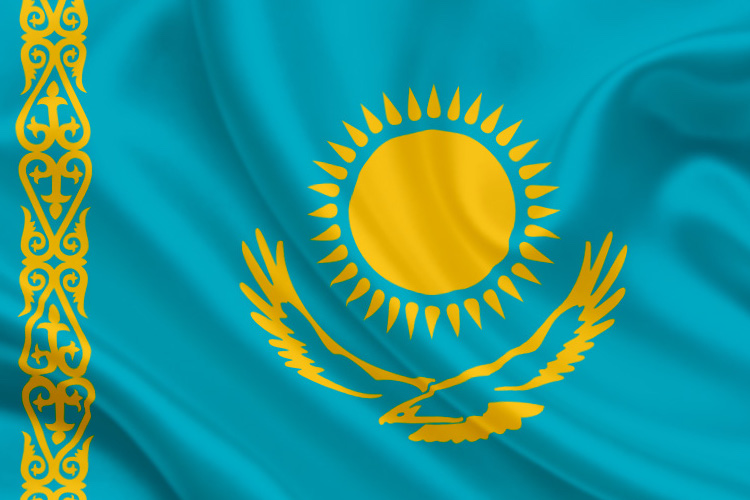
Feb 13, 2013
The ICJ presents this legal opinion regarding the possible withdrawal of the license of lawyers R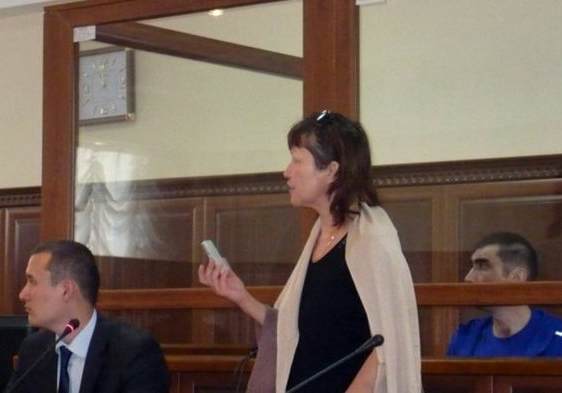 aziya Nurmasheva and Iskander Alimbayev (photo) of the Almaty City Lawyers Collegium.
aziya Nurmasheva and Iskander Alimbayev (photo) of the Almaty City Lawyers Collegium.
This case against the lawyers raises issues of international law and standards, in particular, Kazakhstan’s international obligations on protecting the role of lawyers and their right to a fair hearing. It further concerns the duty of the State to ensure that lawyers are able to carry out their functions without intimidation, hindrance, harassment or improper interference.
Kazakhstan-Expert legal opinion Nurmasheva-legal submission-2012 (full text in pdf)
Kazhakstan-Expert legal opinion Nurmasheva-legal submission-2012-RUS (full text in pdf)
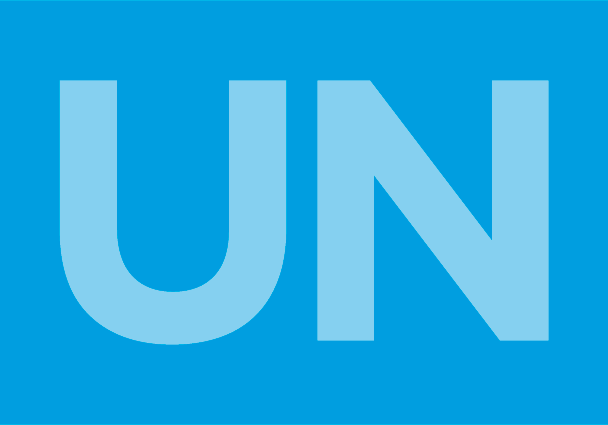
Feb 11, 2013
The ICJ has called on the Human Rights Council and its members and observers, individually and collectively, to ensure that universal and regional standards and mechanisms reinforce rather than undermine universal human rights standards.
Reflecting on the ICJ Declaration on Access to Justice and Rights to a Remedy in International Human Rights Systems, adopted during the 17th Congress of the ICJ in December 2012, the statement was submitted today to the UN ahead of the Human Rights Council’s 22nd regular session (25 February to 22 March 2013).
Recalling the emphasis placed on the right to a remedy in the Vienna Declaration and Programme of Action, adopted by consensus twenty years ago, the ICJ called on all States to:
- Ensure that regional standards and mechanisms reinforce rather than undermine universal human rights standards;
- Ensure that the outcome of the treaty body strengthening process indeed strengthens the treaty bodies;
- Actively promote universal acceptance of individual communications procedures of the treaty bodies, and fully implement interim decisions and final views of the treaty bodies; and
- Initiate an intergovernmental process for the elaboration and adoption of a statute for a World Court of Human Rights.
HRC22-Item8-WrittenStatementVDPA-A2J-LegalSubmission-2013 (download full statement in PDF)
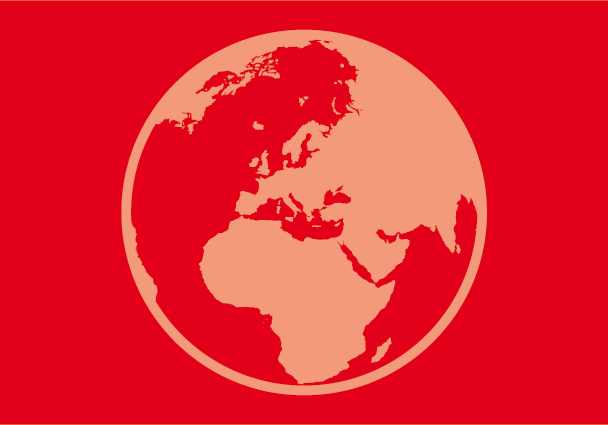
Feb 8, 2013
The ICJ has intervened before the Grand Chamber of the European Court of Human Rights in Del Rio Prada v. Spain, concerning the retrospective application of criminal penalties.
Spain-Prada-v-Spain-legal submission-2013-eng (full text in pdf)

 The ICJ and ECRE presented a second joint detailed submission on the situation of detention, application procedures and remedies for asylum seekers in Greece to the Committee of Ministers of the Council of Europe.
The ICJ and ECRE presented a second joint detailed submission on the situation of detention, application procedures and remedies for asylum seekers in Greece to the Committee of Ministers of the Council of Europe.





